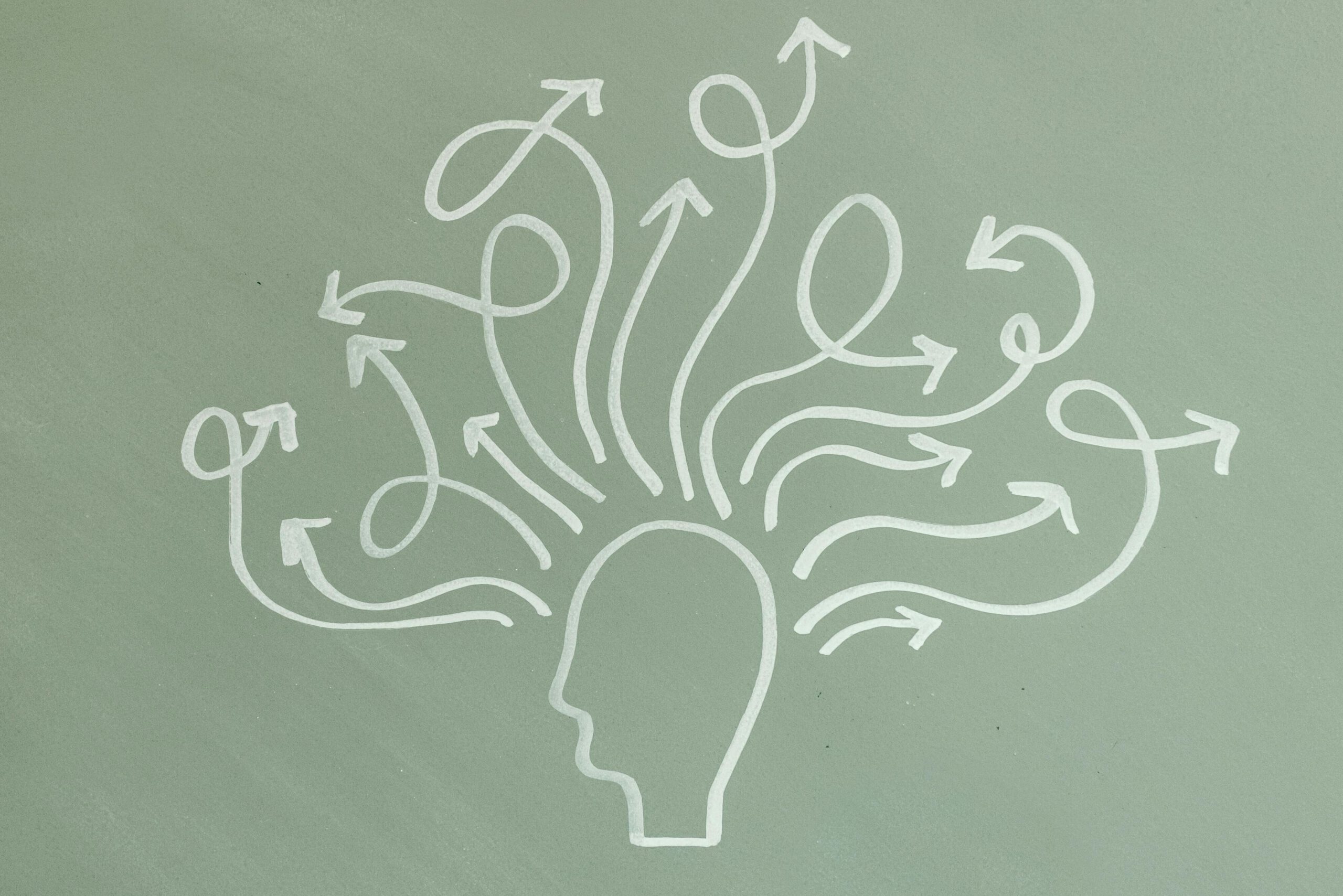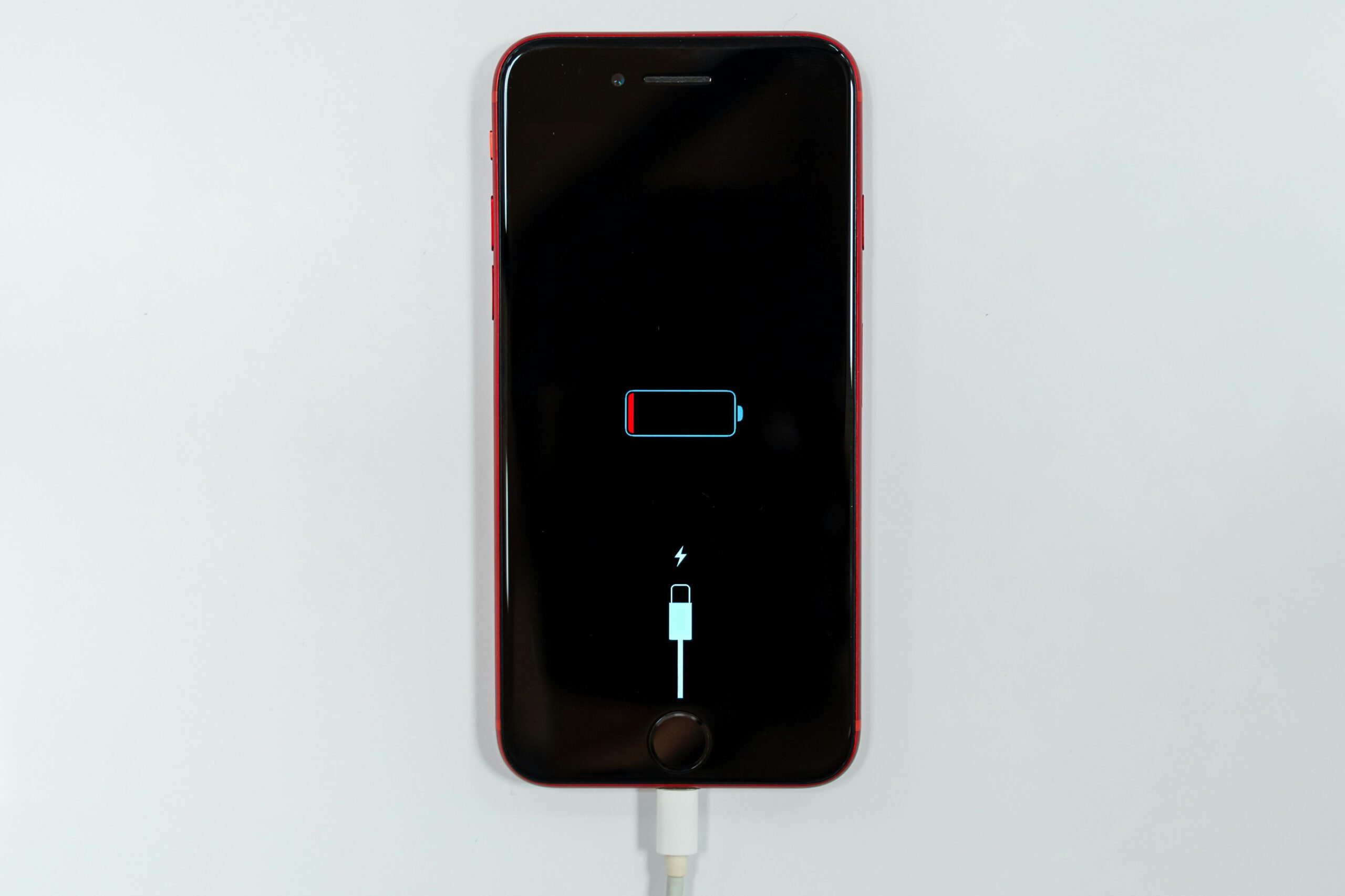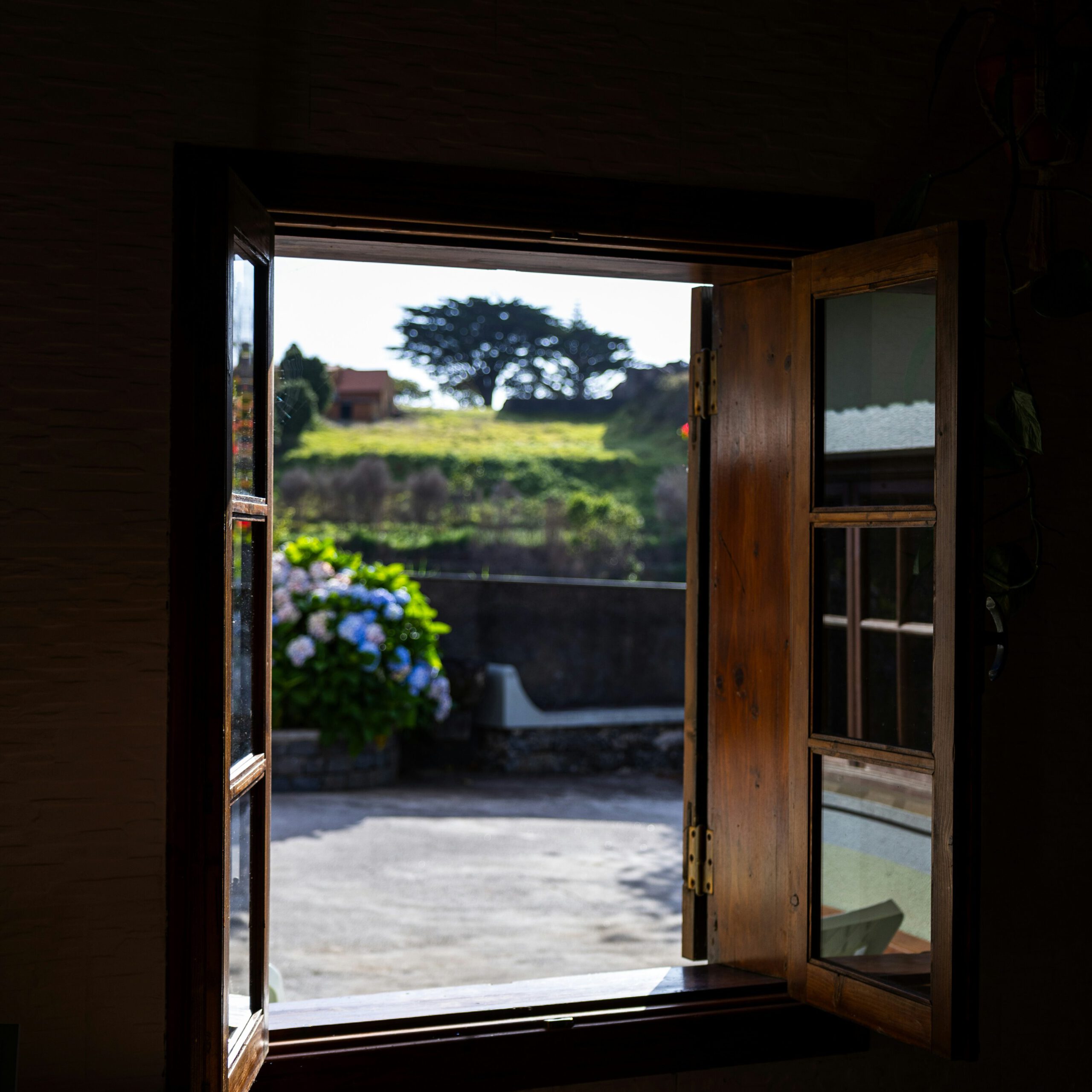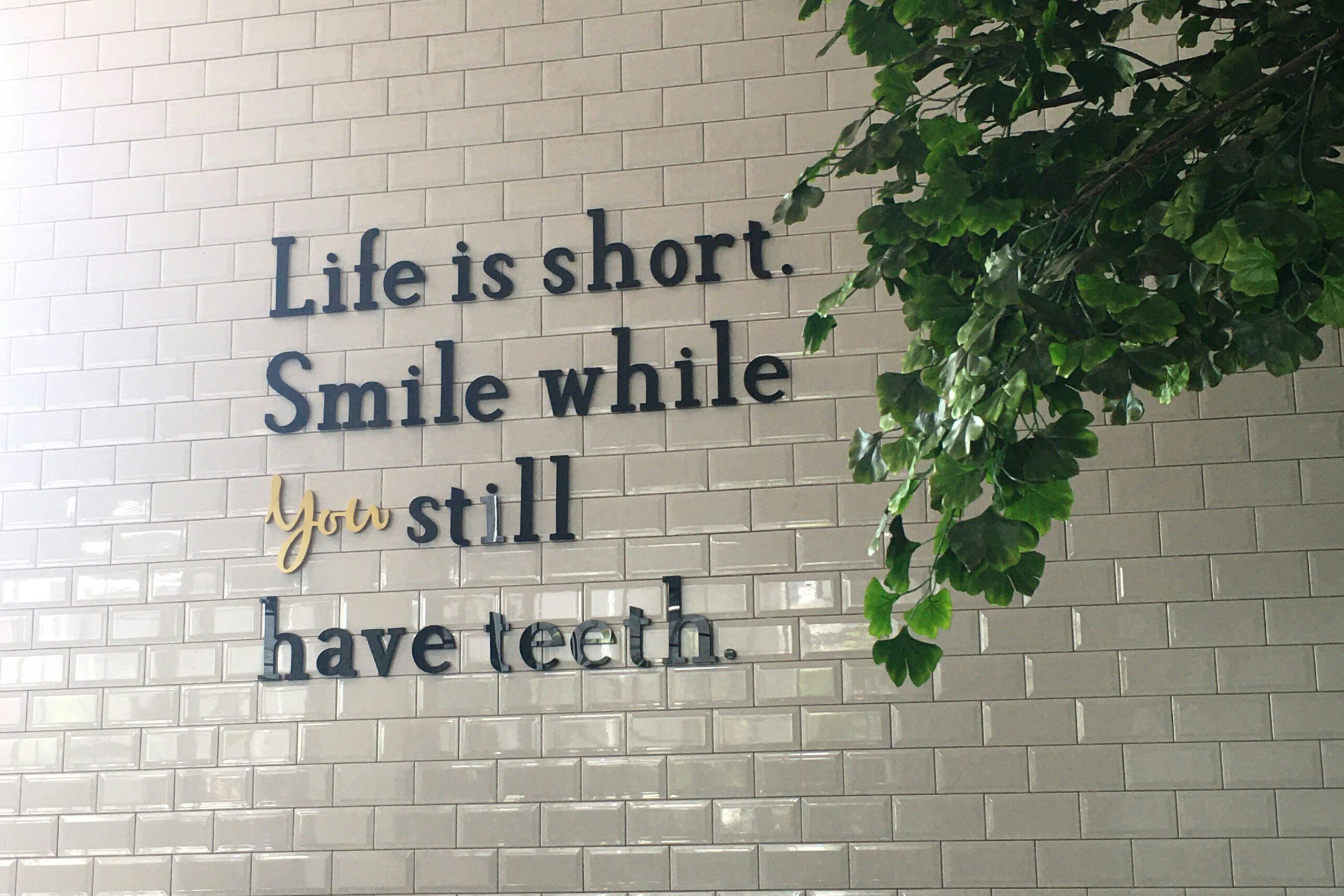Growth Isn’t Always Linear
Motherhood—and life in general—is unpredictable. Just when you need a break, life throws in extra hurdles. It’s easy to feel stuck in a cycle where every step forward is followed by two steps back.
In these moments, the key is remembering that this phase—no matter how overwhelming—won’t last forever. The more energy we expend fighting with reality, the harder it feels. Shifting focus to what we can control helps bring clarity, perspective, and a way forward.
Mindfulness Isn’t About Never Struggling—It’s About Coming Back
Progress feels effortless when life is smooth. You build good habits, stay on top of things, and think, I’ve got this. Then chaos hits. Suddenly, routines crumble, old habits resurface, and it’s easy to wonder if you’ve made any progress at all.
But growth isn’t about never slipping—it’s about recognizing when you do and finding your way back with less struggle and more self-compassion. Mindfulness doesn’t prevent hard times, but it makes them easier to navigate.
I’ve learned this the hard way. I used to push through exhaustion, skipping rest, proper meals, and downtime in a desperate attempt to stay in control. It never worked. Burnout always followed. Over time, I realized that taking care of myself wasn’t a luxury I could forego when times got busy—it was a necessity.
Why We Struggle to Do What We Know Is Good for Us
We all know how to take care of ourselves. We know what advice we’d offer a friend without hesitation. But when it’s us? Exhaustion, obligation, guilt, and overwhelm cloud our judgment.
Mindfulness helps cut through the noise. It reveals patterns—like how stress makes us overwork, overthink, or create false urgency. Once you recognize these habits, you can start choosing to do things differently.
One pattern that became clear to me was how easily I made mistakes when knitting while I was tired. I’d absentmindedly mess up the pattern, then convince myself I had to fix it immediately. But trying to correct a mistake while exhausted only made things worse. I’d end up even more frustrated, turning a small problem into a bigger one. Eventually, I learned that the best thing to do in those moments was to put the project down, rest, and return with a clear head. More often than not, the solution was obvious once I wasn’t forcing it.
This applies to everything. When you’re drained, frustrated, or overwhelmed, pushing through isn’t always the answer. Stepping back, checking in with yourself, and coming back with fresh eyes makes all the difference.
Now, I follow what I call the “dropsies” rule. When I’m overtired or overwhelmed, my coordination goes out the window. If I start dropping everything I touch—or if thoughts keep slipping right out of my brain—I take it as a warning sign. Instead of getting frustrated that life isn’t going my way, I see it as a signal to pause, reassess my priorities, and take care of myself before pushing forward.
5 Practices to Keep You Grounded (Even When Everything Else Slips)
When life gets messy, these are the things that help me the most. They don’t require perfection—just consistency.

1. Journaling: Clear the Mental Clutter
Journaling helps separate what’s happening from how it feels. Writing things down provides perspective, making it easier to see patterns, release frustration, and move forward instead of spiraling.
Some of my biggest mindset shifts have come from writing down my feelings rather than directing them at others. When I revisit the situation later, I often realize that my frustration with others reflected something I needed to work on myself. The act of writing creates space for self-awareness and growth.

2. Catching Up on Personal Care
When life is chaotic, self-care is often the first thing to slip. Suddenly, you’re running on fumes without realizing it.
Start small:
- Drink water. Right now. It makes a difference.
- Eat something nourishing. Even if it’s just a handful of nuts or a piece of fruit.
- Rest. If exhaustion is catching up with you, let something wait. A short break can reset everything.
When you’re behind on personal care, the key is to adapt instead of trying to catch up all at once. Focus on what will give you the biggest return on your energy.
If you feel like there’s no time, take a close look at how your day is structured. Often, we spend more time than we realize ruminating, zoning out, or doing tasks that don’t need to be prioritized over our well-being. Instead, use one of those moments to breathe, stretch, or simply check in with yourself. You’ll feel calmer and more equipped to tackle what’s on your plate.
The goal isn’t perfection—it’s progress. By carving out a little time each week to care for yourself—even when you’re behind—you’ll show up with more clarity and resilience.

3. Step Outside and Breathe
You don’t need a long nature hike to reset. Sometimes, just stepping outside, feeling the air on your skin, and noticing the sky is enough to shift your perspective. And don’t forget—even brief doses of sunlight help your body absorb the vitamin D it needs to feel more balanced and energized.
Nature has a way of pulling us back to reality. When you pause to take it in, it’s a reminder of how small we are in the grand scheme of things. When you really absorb the enormity of nature—and how little its rhythms have to do with you personally—it puts your struggles into perspective. Suddenly, the urge to control what’s beyond your power feels like wasted energy. Seasons keep changing, whether we accept it or not. Nothing—good or bad—lasts forever.

4. Allow Yourself to Do Nothing (Niksen)
This is one of the simplest yet hardest practices, but it can be incredibly beneficial if you manage to make space for it. A little bit of nothing can go a long way. We can’t always sleep when we want to, need to, or try to, but we can offer ourselves moments of rest to reset throughout the day. I think of it like resetting your phone when you’ve had too many apps running in the background and things are getting glitchy.
As a kid, I had mandatory nap time long after I’d outgrown the afternoon slump. I suspect it was more of a break for the adults in my life than for me, but I didn’t mind using that time to just chill. I had no idea what meditation was back then, but that’s essentially what I was doing. I’d stare at the ceiling, watch leaves rustling outside, or listen to the hum of appliances or the ticking of a clock.
When I learned about niksen and its benefits, I was reminded of the power of simply doing nothing—of being present in the moment, letting sights and sounds in without trying to fix, change, or control anything. When I get a few quiet moments to myself, I try to make the most of them—not by dwelling on my current situation, but by stepping away from it, even if just for a few minutes, to just be, so I can return with a clearer head and more resilience.

5. Be Silly: Dance, Sing, or Laugh Until It Feels Real
Sometimes we take ourselves way too seriously. Just because a situation isn’t ideal doesn’t mean it has to be miserable. Finding a way to loosen up in the midst of stress can change everything.
I’m not a singer or dancer and would never do either in public—but in private? I sing in the car. I hum while doing chores. I can’t help but tap my foot or sway to music. And it always helps. Music, movement, and laughter literally counteract stress hormones, making everything feel just a little more manageable.
The hardest part is starting. When you’re stuck in a serious or miserable mindset, silliness feels out of reach. But if you can find a way to break through—even for a second—it changes the whole tone of the day.

Progress, Not Perfection
Some weeks, you’ll feel on top of everything. Other weeks, life will throw you off track. That’s just how it goes.
But growth isn’t about never slipping—it’s about how quickly you find your footing again. Every time you choose to reset, no matter how small the step, you’re strengthening your ability to bounce back.
So if this week has been rough, start where you are. Drink some water, step outside, take a breath. It’s not about doing everything right. It’s about showing up for yourself, over and over again. And with time, it gets easier.
“Realize deeply that the present moment is all you ever have. Make the Now the primary focus of your life.”
—Eckhart Tolle

Did any of these practices help you this week? What are your go-to ways to reset and regain balance? I’d love to hear what works for you—share your thoughts in the comments or reach out through the contact page!
Eventually, I’ll be adding a section for shared stories from the MomBalm community—carefully selected and edited to highlight the ideas and experiences that have brought more meaning and balance to the lives of our community members. My goal is to create a space where we can learn from one another and share our collective wisdom to support and uplift each other. So, if you have a story, tip, or insight that you think could help another mom, I’d love for you to send it my way!


Leave a Reply